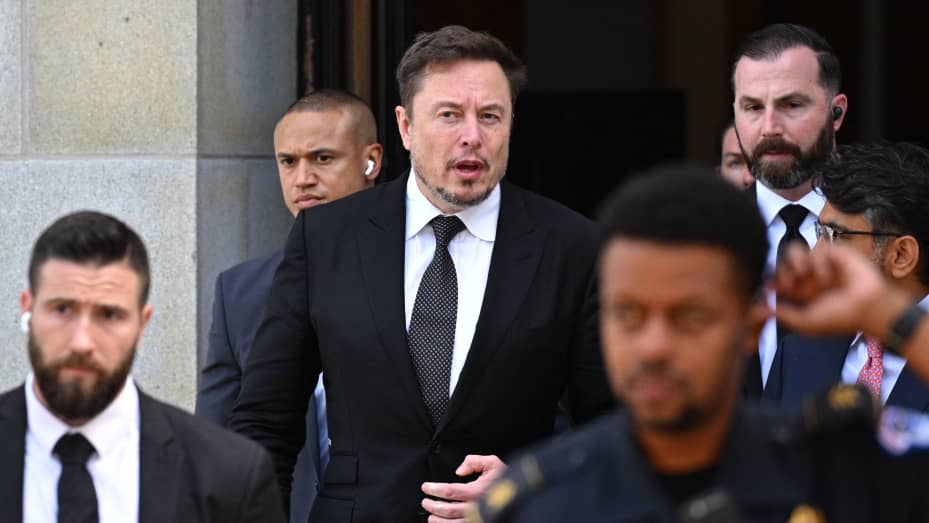In a recent legal development, U.S. District Judge Vince Chhabria rejected Twitter’s attempt to dismiss a lawsuit filed by Mark Schobinger, a former employee, alleging that the social media company, now known as X Corp, breached contracts by failing to pay promised bonuses totaling millions of dollars.
Mark Schobinger, who served as Twitter’s senior director of compensation before leaving in May, initiated the lawsuit in June, accusing the company of not fulfilling its commitment to provide employees with 50% of their 2022 target bonuses, both before and after Elon Musk’s acquisition of Twitter last year.
Judge Chhabria’s ruling, denying Twitter’s motion to dismiss, emphasized that Schobinger had a valid claim of breach of contract under California law, and this claim was supported by a bonus plan. The judge stated that once Schobinger fulfilled the conditions set by Twitter, the promise to pay him a bonus became a binding contract under California law. By allegedly refusing to honor this commitment, Twitter was found to be in violation of that contract.

Despite Twitter’s argument that the promise was oral and did not constitute a contract, the judge disagreed, affirming that California law governed the case and dismissing Twitter’s contrary arguments. The ruling comes at a time when X Corp, formerly Twitter, has faced several legal challenges from former employees and executives since Elon Musk’s acquisition of the company, which included significant workforce reductions.
The lawsuits against X Corp have presented various allegations, ranging from age and gender discrimination to claims of insufficient notice regarding mass layoffs. The company, however, has consistently denied any wrongdoing. X Corp, under the leadership of Elon Musk, has undergone substantial transformations and legal scrutiny since the acquisition, with ongoing legal battles shaping its post-acquisition landscape.
As the legal proceedings unfold, the case brought by Mark Schobinger highlights the complexities surrounding contractual obligations and the legal consequences for companies that allegedly fail to fulfill their commitments to employees. The judge’s decision to allow the breach of contract claim to proceed underscores the importance of adhering to contractual obligations, even in the context of verbal agreements, and signals potential legal challenges for X Corp in this particular matter.
It remains to be seen how this legal battle will evolve and whether other former employees with similar grievances will pursue legal action against X Corp. As the company navigates these legal challenges, it underscores the broader issues surrounding workplace practices, contractual obligations, and the legal responsibilities of companies, particularly in the evolving landscape of corporate acquisitions and transformations.


